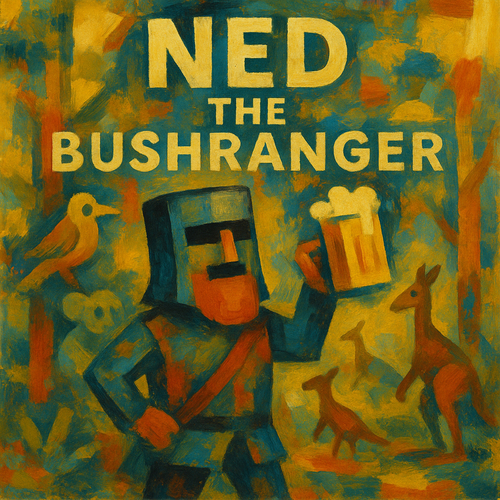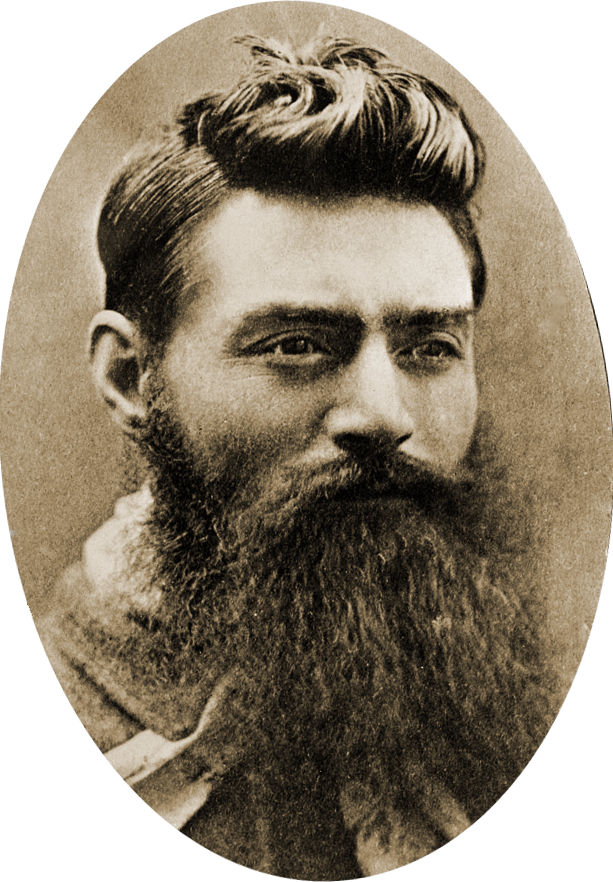
Ned the Bushranger Single NOW OUT!
Our Ned the Bushranger is now out in all popular streaming services.
Track list:
1. Ned the Bushranger

Ned Kelly is one of the most famous—and polarizing—figures in Australian history. Born in 1854 in Victoria, Kelly became a bushranger (an outlaw who operated in the Australian bush) and folk hero. He was the son of Irish immigrants and grew up in poverty, often clashing with the colonial authorities, who were seen as corrupt and oppressive, especially towards poor Irish settlers.
Why He Became Famous:
- Outlaw Life: Kelly led a gang that robbed banks and evaded police across Victoria and New South Wales during the late 1870s. His criminal career made headlines and caught public attention.
- The Jerilderie Letter: In 1879, Kelly dictated a long letter defending his actions and accusing the police and government of injustice and brutality. This helped portray him as more than just a criminal—he was a symbol of resistance.
- Final Stand and Suit of Armour: In 1880, Kelly and his gang made their last stand at Glenrowan. They wore homemade suits of metal armour to battle police—an iconic moment in Australian folklore. Kelly was captured after being wounded.
- Trial and Execution: He was hanged later that year in Melbourne. His famous last words were reportedly, “Such is life.”
Why Australia Loves (or is fascinated by) Him:
- Symbol of Resistance: For many, Kelly represents the underdog fighting against a corrupt colonial system.
- Folk Hero Status: He’s viewed similarly to Robin Hood in some circles—stealing from the rich and resisting authority.
- Cultural Icon: Kelly has been immortalized in books, songs, films (like the 1970 film starring Mick Jagger, or 2003’s Ned Kelly with Heath Ledger), and even artwork by Sidney Nolan.
- National Myth: His story feeds into Australia’s national identity—especially the themes of rebellion, mateship, and standing up against authority.
That said, not all Australians love Ned Kelly. Some see him as a violent criminal and murderer, particularly because police officers died during his crimes.